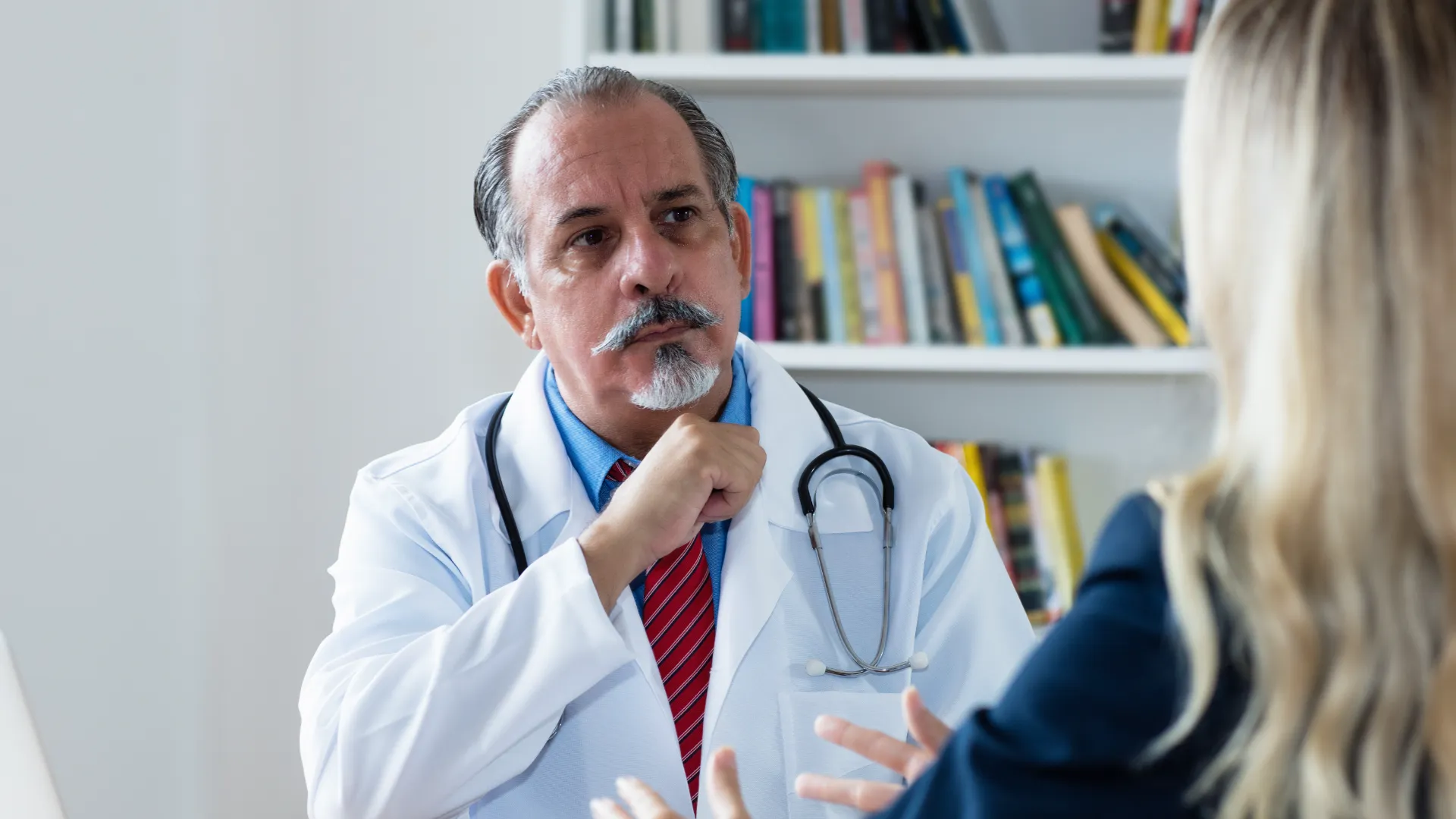Testicular cancer, while relatively rare, is crucial to detect early for successful treatment. Recognizing the signs and symptoms can make all the difference in diagnosis and prognosis. Understanding what to look for and being proactive about any changes is essential. Let’s explore the common signs and symptoms of testicular cancer to raise awareness and promote early detection.
Common Signs to Look for
When it comes to testicular cancer, being aware of the common signs is crucial for early detection and treatment. Here are some key signs to look out for:
- Lump or swelling: Feeling a lump or enlargement in either testicle is a common sign of testicular cancer.
- Heaviness or aching: Some men experience a persistent ache in the lower abdomen or groin.
- Changes in shape or texture: Any changes in the size, shape, or texture of the testicles should be examined by a doctor.
- Pain or discomfort: Constant pain in the testicle or scrotum is another potential symptom that needs attention.
Being vigilant about these signs and seeking medical advice if you notice any of them can significantly improve the chances of successful treatment for testicular cancer.
Understanding the Symptoms
Testicular cancer can manifest itself in various symptoms, which should not be ignored. Understanding these symptoms is crucial for early detection and treatment. Here’s what to look out for:
- Lump or swelling: Feeling a lump or swelling in either testicle.
- Heaviness or pain: Experiencing a constant ache in the scrotum.
- Change in size or shape: Noticing any changes in the size or shape of the testicles.
- Discomfort in the lower abdomen or groin: Persistent discomfort in these areas.
It’s important to note that not all symptoms indicate the presence of testicular cancer, but it’s essential to consult a healthcare professional if you experience any of these signs.
Early detection and seeking medical advice can significantly improve the prognosis for testicular cancer.
Remember, it is always best to consult with a healthcare provider for personalized advice and proper diagnosis.
